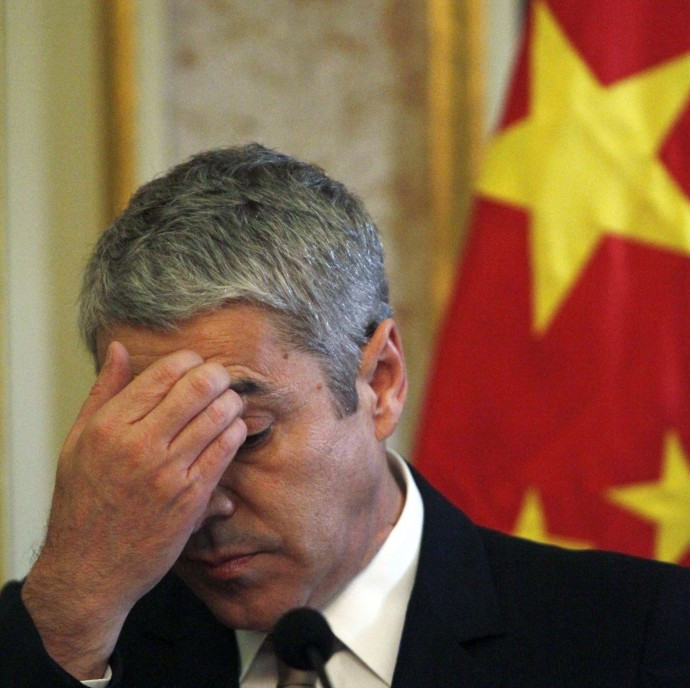Is default Portugal’s Manifest Destiny?

The daisy chain of events manifesting from the European fiscal crisis that initially consumed Greece then Ireland in its wake has skipped into Portugal. This is not being greeted by market participants as much of a surprise since this development had been foreshadowed for months. Portuguese bond yields had risen above 7%, roughly 4% higher than the benchmark 10-year German bund. This is the inglorious territory of Greek and Irish bond yields just as they were teetering on fiscal insolvency. Meanwhile, another sign of distress was surfacing in the country's credit default spreads, which suggests that further turbulence is widely expected. That was all playing out in the past weeks leading up to a rather important milestone that would really test investor sentiment; the auction of approximately $800 million of bonds due in 2020. By all accounts it was a success of sorts. The auction was oversubscribed which helped to push the yield on the offering lower and depress the cost of insuring Portuguese sovereign debt against default. But, the yield of 6.7% while comparing favorably to the interest rate of 6.8% issued on paper the week before, is still egregiously high. Such a high cost of capital, and consequently the revenues that will be necessarily consumed to service the debt costs, will be an enormous friction to the growth the country is going to need in order to return to a healthier state of affairs.
European officials are considering a number of remedies to cure the European Union's fiscal situation, including a means to provide overly indebted countries access to lower interest rates and backstops for the credit worthiness of certain countries' government debt as an enticement for investors. In the last few days, both China and Japan have stepped forward to provide support for the stability of the single-currency European Community, by offering to buy billions of dollars worth of bonds from the European Financial Stability Facility (EFSF). The ESSF is the bailout fund raised by the European Central Bank in conjunction with a commitment from the International Monetary Fund with the intended use of buying the debts of troubled countries in order to avoid defaults.
For now investor anxieties have been placated as the most acute threats have been limited to the small countries within the Euro zone. The real issue is the prospect of this contagion spreading to Spain or Italy. These two countries are the largest in the Euro zone behind Germany and France and, therefore, much more influential to the economic vibrancy of the Euro areas. Fortunately, neither holds an exorbitant level of debt relative to GDP so any immediate concerns about the country's default are de minimis. Still, it behooves policymakers to stay in front of the curve so as to ward off any incipient threats that could roil the markets and infringe on the nascent economic recovery.
The European government is striving to appease its trading partners and calm the financial markets to allow the benefit of time to aid in working through these untenable circumstances. Ultimately, a default might still be in the offing whether it is strategic or involuntary. The countdown to the expiration of these loans will be on investors' minds since on the table is a proposition that bond holders may have to "share the pain" of a restructuring by haircutting the value of their holdings. That disregard of the contractual obligation an issuer has to the holders of its debt would cause a potentially explosive dislocation in the financial markets and could test the fate of the Euro currency as it is currently constructed. While that possibility is low if current rhetoric on that front is to be believed, the bond market vigilantes may have something different to say on that front.
© Copyright IBTimes 2025. All rights reserved.





















